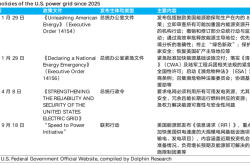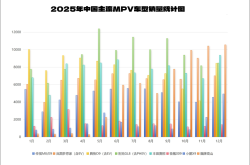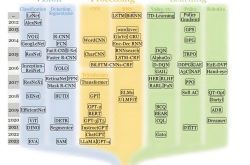Alibaba Cloud Embarks on MCP, Addressing Alipay's Needs
![]() 04/11 2025
04/11 2025
![]() 744
744
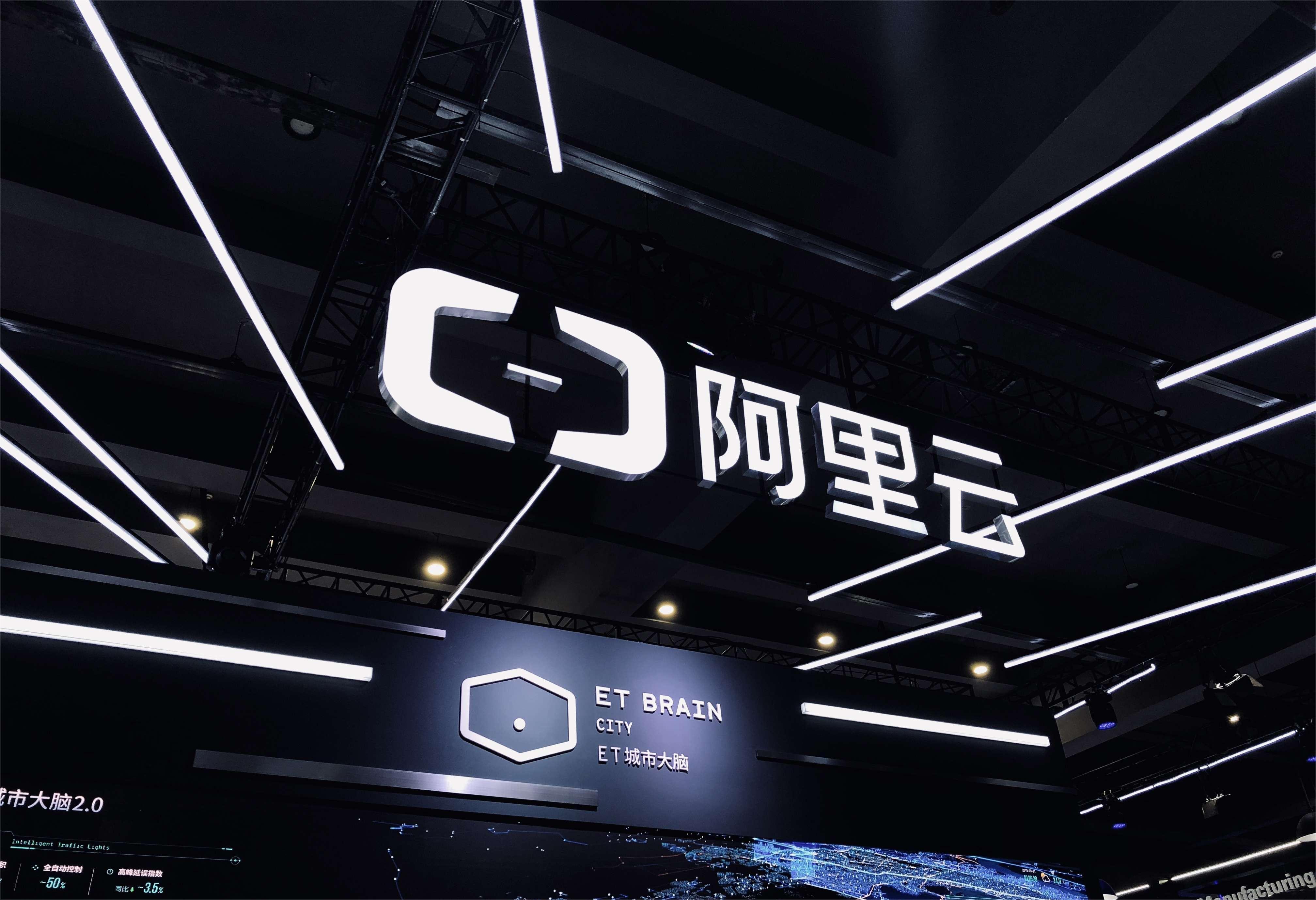
At the Alibaba Cloud AI Momentum Conference on April 9, Alibaba Cloud unveiled a host of updates, including information, products, and solutions. "New Position" finds the launch of a novel product form particularly noteworthy—Alibaba Cloud's Bai Lian platform officially introduced the industry's first full-lifecycle MCP service (Model Context Protocol), an open protocol standard designed to standardize the interaction between large language models and external data sources and tools.
In simpler terms, MCP serves as the universal adapter between AI Agents.
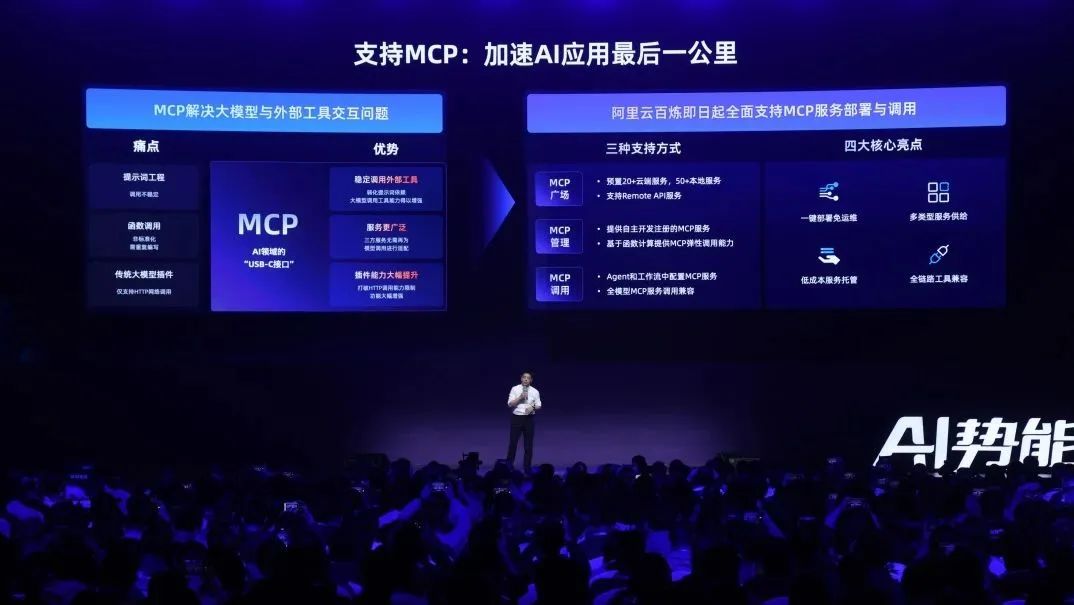
Alibaba Cloud described its MCP service as accelerating the final leg of AI applications. From foreign large model vendors venturing into the Agent realm to Manus drawing greater attention to AI Agents in China, the progression of MCP construction has emerged as a focal area for both domestic and international players in the Agent space.
In the domestic context, Tencent Cloud, Baidu Cloud, and other cloud providers have recently announced MCP-related developments. With Alibaba Cloud now officially unveiling its MCP service, each platform's MCP strategy will inevitably rely on its technological and ecological strengths to vie for prominence in this new competitive landscape. However, while MCP is indeed accelerating the deployment of AI Agents, the industry's exploration of MCP itself is still in its nascent stages.
Ultimately, these cloud providers cater to B-end customers. For Agents to truly permeate consumers' daily lives and production activities, attention must also be paid to various service platforms conducive to Agent development, such as Alipay, Meituan, JD.com, and others. The next phase of Agent development accelerated by MCP will also necessitate consideration from these Agent service platforms themselves.
01. The Significance of MCP for Agents
MCP's developmental history is relatively short. The industry traces the concept back to an open protocol released last year by Anthropic, an American AI startup.
On March 26 (local time), Sam from OpenAI expressed interest in adopting Anthropic's MCP: "MCP has high market demand, and we are eager to support this protocol in our products. Currently, the protocol is open for use in Agents SDK, with support for ChatGPT desktop applications and Responses API to follow shortly!"
On April 10 (local time), Google DeepMind also signaled its intent to join the fray. Its CEO Demis Hassabis revealed on X that they plan to integrate MCP into the Gemini model and SDK, looking forward to collaborating with the MCP team and other industry insiders for further development.
How can we grasp the importance of MCP, this "universal adapter," to the deployment of Agents in layman's terms?
According to Alibaba Cloud's explanation to Agent developers: If there are 100 AI Agents and 100 external tools, traditional coding methods would require writing specific codes, calling APIs, and configuring each pair individually, amounting to 10,000 configurations (100 multiplied by 100). In contrast, MCP utilizes a standardized protocol, allowing developers to write server code just once, with only 200 configurations needed (100+100), and it can be utilized by all compatible models.
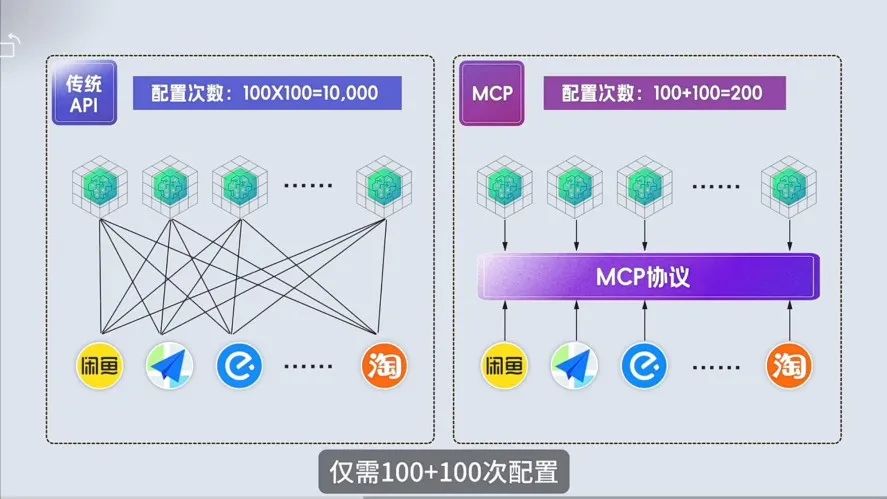
From the perspective of Agent developers' ecological partners, MCP serves as a protocol template compatible with both upstream and downstream partners, significantly reducing the integration costs for various ecological partners to access Agents.
From the perspective of C-end users, multiple "New Position" articles from last September and this year have delved into: The primary pain point of using AI Agents currently lies in the diversity, completeness, and interconnectivity of services within the ecosystem. MCP addresses the issue of further interconnectivity, tackling the common challenge faced by large AI models in effectively interacting their capabilities with external data.
02. Other Players in the MCP Field
The exploration of MCP shows little temporal disparity between domestic and international entities.
On March 30, Tencent Cloud's Developer Community already published content on EdgeOne Pages about "MCP Server." On April 1, Baidu Intelligent Cloud also announced its forthcoming MCP plan. On April 9, Alibaba Cloud officially launched its MCP service at the conference.
As time progresses, cloud providers have added various attributes to describe their MCP endeavors, making it challenging to pinpoint which domestic cloud provider truly seized the first-mover advantage. However, comparing the time points when OpenAI and Google DeepMind representatives expressed their interest, the industry's exchange of information regarding AI exploration is quite high, and domestic vendors have demonstrated agility.
It is anticipated that each platform's MCP strategy will leverage its technological and ecological advantages to compete for prominence in this new competitive landscape. Taking Alibaba Cloud's launch of the MCP service as an example, Alibaba Cloud heralds it as the "first full-lifecycle MCP service." It asserts that unlike conventional MCP services that are merely compatible, the Bai Lian platform harnesses Alibaba Cloud's elastic computing prowess to offer enterprises and developers one-click deployment, no operation and maintenance required, high availability, and low-cost MCP services.
If some MCP services can be considered "semi-managed," Alibaba Cloud seems poised to be the "fully managed" player in the MCP arena, minimizing the understanding costs for customers deploying MCP.
Moreover, Alibaba Cloud's ecological advantages, which it derives from Alibaba Group's businesses, are even more noteworthy. Alibaba Cloud stated this time: The Bai Lian platform has initially launched over 50 MCP services from Alibaba Group and third parties, including Gaode Maps, Wuying, Fetch, Notion, etc., spanning areas such as life information, browsers, information processing, content generation, etc., to cater to the Agent application development needs of diverse scenarios.
Certainly, Baidu and Tencent also possess their unique ecological advantages in this regard. "New Position" believes that how cloud providers' MCP strategies will integrate their ecological strengths is a point worth closely monitoring next.
For instance, on April 1, Baidu announced that the Create 2025 Baidu AI Developer Conference will be held on April 25, featuring a sub-forum on "How to Make MCP the Key to the Explosion of AI Applications." It is reported that they will also introduce the first cloud vendor-dedicated MCP portal store, the MCP store.
However, overall, the industry's exploration of MCP itself is still relatively nascent.
Regardless of whether MCP has garnered industry-wide attention for an extended period, it essentially caters to B-end services. Launching related services is merely the first step, and the crux lies in attracting and serving a vast customer base. Hence, it is evident that the current focus of major vendors promoting MCP is on market education.
The more intuitive window for observing the pace of MCP development next will emanate from Agent developers or platforms conducive to Agent development.
03. The Importance of Interconnectivity for AI Services
Nevertheless, merely discussing how MCP will influence the evolution of AI (especially Agents) is insufficient. Whether it's MCP or Agents, they must ultimately be implemented in the daily lives and production activities of numerous users. The subsequent actions of some life service platforms in this regard will be the most intuitive window for users like us to perceive.
Before these service platforms respond to MCP, it is worthwhile to review their prior explorations of AI Agents.
From last year to the present, major life service platforms have encountered their own bottlenecks in developing AI. For instance, Meituan focused on overseas expansion last year and announced its foray into AI (or more specifically, Agents) after releasing its financial report last month. For JD.com, last year was predominantly about reinforcing local life services and safeguarding its e-commerce business, and after DeepSeek, it also signaled its willingness to increase investment in AI.
Generally speaking, these life service platforms conducive to Agent implementation were primarily immersed in their original business narratives last year, and this year, which is considered the inaugural year for Agents, is not too late for these platforms to enter the fray.
In contrast, Ant Group's Alipay has been relatively agile in its Agent strategy. From late August to early September last year, Ant Group unveiled the AI life service platform Zhi Xiao Bao based on the Alipay ecosystem.
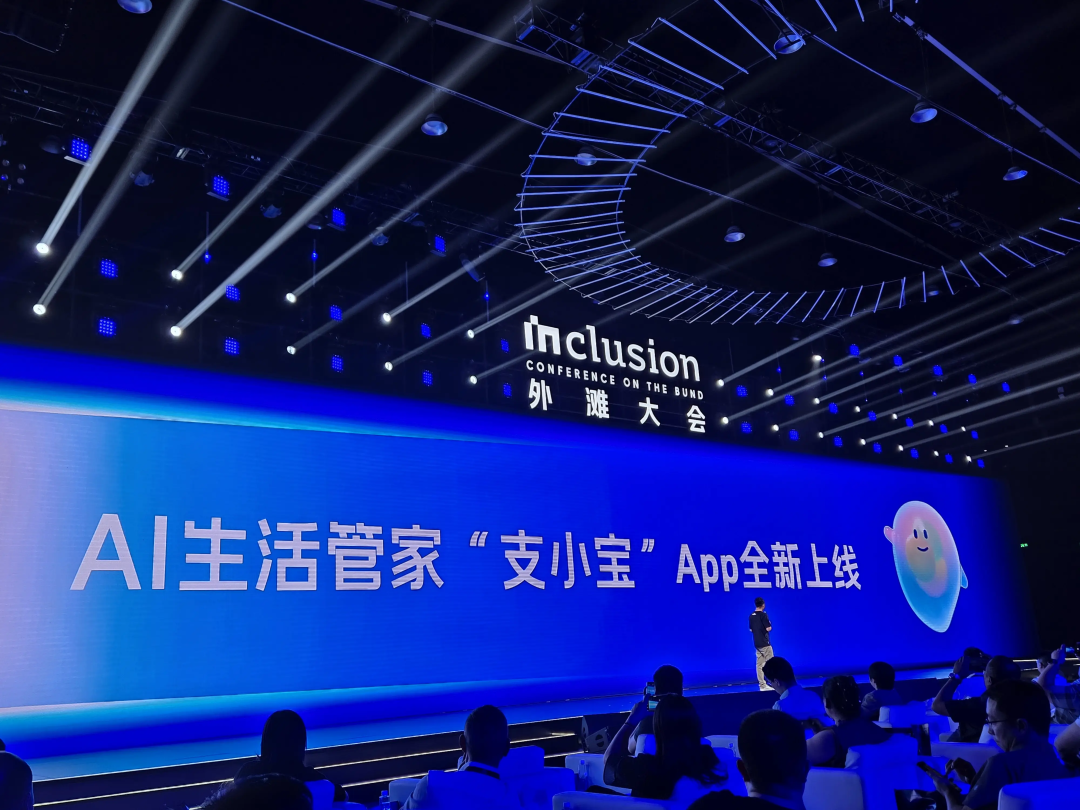
Alipay and Zhi Xiao Bao can now be regarded as two parallel applications within the same life service ecosystem, one utilizing traditional product logic to connect the ecosystem, and the other employing AI Agent logic. At that time, the "New Position" article "Service + Agent, 'Zhi Xiao Bao' Reconstructs Alipay" stated: Alipay itself is an internet transportation hub, but the actual development rate of its vast service ecosystem might only be 10%.
From that perspective, Zhi Xiao Bao's product concept was highly aligned with contemporary trends and its own development trajectory. The massive life services within the Alipay ecosystem were challenging for users to fully utilize with traditional product logic, and AI Agents could offer a solution.
However, this is still a relatively early direction, and Zhi Xiao Bao seems to have encountered obstacles in further implementation. As mentioned earlier, the primary pain point for users utilizing AI Agents is the diversity, completeness, and interconnectivity of services within the ecosystem.
Alibaba Cloud describes MCP as accelerating the final leg of AI applications, and this final leg happens to be the significant bottleneck Ant Group encountered while developing Zhi Xiao Bao last year.
If we use Zhi Xiao Bao, we can clearly perceive that the life service data it accesses is still limited, not to mention that it still cannot assist users in performing specific operations.
From an external standpoint, perhaps the owners of these life services are not reluctant to allow Zhi Xiao Bao to access their data, but configuring each one into Zhi Xiao Bao's AI environment would undoubtedly be a colossal and challenging project to commercialize. Alipay, unlike platforms like Meituan with a robust ground promotion team, can already consider implementing new payment technologies a significant upheaval.
From this perspective, in the MCP era, cloud providers' direct advantages lie in their technical capabilities and the ecosystems they can directly connect; as downstream Agent developers or platforms conducive to Agent development, their advantages will initially stem from the speed of their MCP integration. Subsequently, service providers situated between life service platforms like Zhi Xiao Bao and numerous merchants will expand their business to encompass the configuration of Agent and MCP models.
But for life service platforms, their ultimate competitive edge will reside in the richness and closed-loop nature of their service ecosystems. This aligns with "New Position's" prior assessment.
More crucially, platforms like Alipay, Meituan, and JD.com possess payment functionalities, and perhaps MCP truly presents such platforms with a promising avenue.
04. Concluding Thoughts
The concept of Agents encompasses a vast ecosystem, ranging from cloud providers to large model vendors, Agent developers or service platforms, and ultimately to end consumers. MCP will enable the industry to continue exploring Agents in a more easily commercializable manner.
Platforms like Zhi Xiao Bao in the past, serving as observation windows for consumer-grade Agents and intermediary roles in this ecosystem, may be the first to encounter interconnectivity bottlenecks. Now that major cloud providers are actively promoting the implementation of MCP, those who encountered bottlenecks first may be the first to reap the benefits.
Alibaba Cloud and others venturing into MCP are addressing the needs of the "ants."
*The title image and images in the text are sourced from the internet.


